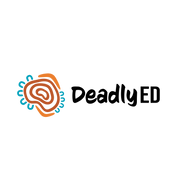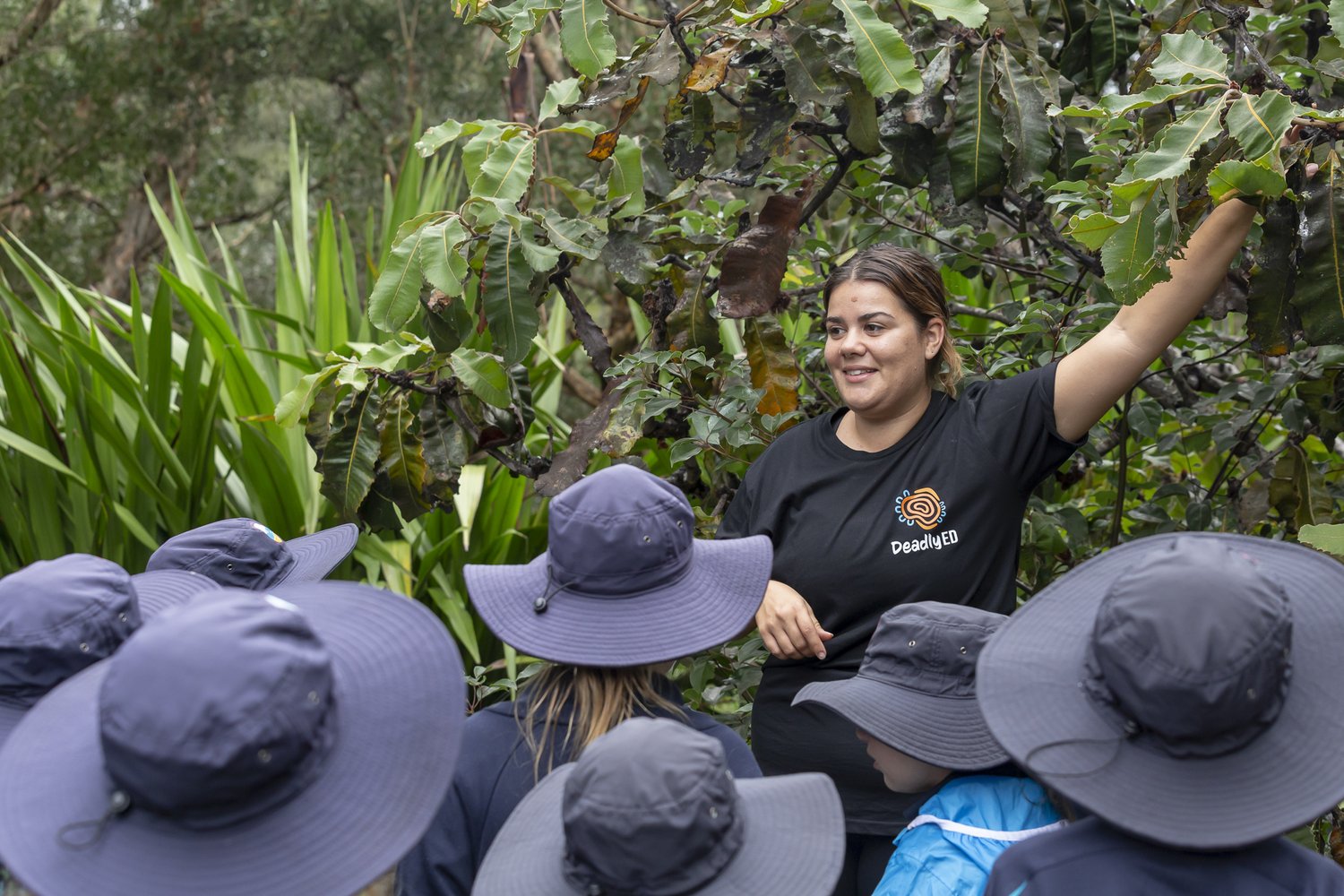It’s funny how the general public thinks Term 4 is pretty chill for teachers. But we know it’s not. Somehow, between the Higher School Certificate (and each states’ equivalent), school formals and graduations, end of year assemblies, school reports, final year marking, and writing, reflecting and adjusting school plans, teachers are supposed to be teaching AND getting ready for 2023. We reckon it’s womba (silly) as to have those expectations of teachers. So, we’ve decided to put together a list of ways you can plan for and resource Aboriginal Education at your learning site for 2023.
Resources:
-
If you’ve got some money leftover in your budget or access to your budget for 2023 already, buy some First Nations books written and/or contributed by First Nations people. Check out Magabala Books and see what you can add to your school & classroom libraries now or throughout 2023.
-
If you’re a Humanities/HSIE teacher and you’ve not yet seen our proper deadly Primary & Secondary History Teacher resource packs check them out! Our packs are designed to meet the Aboriginal & Torres Strait Islander cross-curriculum priorities of both the NSW and Australian curriculums. They’re written so that each lesson sequence or learning set can be transferred into your current teaching and learning programs. Plus, we’ve made heaps of suggestions for formative assessment strategies, our Secondary Pack includes two modifiable summative assessment tasks.
Note: We recommend steering clear of any teacher resource sites that require a subscription and/or don’t clearly state if Aboriginal Education resources have been written or contributed by First Nations educators. If you’re not sure how to discern a good resource from a gammin (bad) one check out our Truth-telling: How do I select the right resource to facilitate this? guide. We know it’s a lengthy checklist but think of how we approach learning with our students – scaffolds are necessary until we’re confident we know what we’re doing and then we can begin to remove the scaffold.
Professional Learning:
Take the time to reflect with yourself, your faculty, stage group or whole school about what areas of Aboriginal Education could be strengthened. Teacher professional learning can take place at any time and could look like:
-
On Country learning with your local Elders and Traditional Custodians
-
Connecting with community to embed appropriate First Nations cultures, histories, languages and knowledges into specific Key Learning Areas throughout the year.
-
Engaging with Deadly Ed’s Deliver Deadly Aboriginal Education. Our NESA accredited professional development course is a deadly day packed with lots of learning on breaking down barriers around Aboriginal Education, ways to embed Aboriginal perspectives into teaching and learning, planning for whole school events and where to look for help. And to top it off, we provide a delicious bush tucker morning tea and lunch. Are you convinced yet? If you think your learning community needs more targeted professional learning though, reach out to us.
-
Did we also mention that we’ve got a podcast now? The Deadly Dose brings you weekly yarns with people working in Aboriginal Education. Each episode dissects one aspect of Aboriginal Education and aims to help and inspire educators by listening to mob and those working with mob on programs and initiatives to bring culture into learning communities. If you’ve already been listening with us, don’t forget to log your time as Elective PD with NESA if you’re in New South Wales!
Excursions/ Incursions:
Look for ways to get your students engaging with mob to learn about First Nations cultures, histories and languages. Look for points throughout the curriculum where cultural immersion could reiterate learning in your classroom or reflect whole school events. Or just book something in. Remember there doesn’t always have to be a greater reason for cultural learning other than wanting your students to know about culture whilst being engaged and having fun.
-
Invite mob into your classroom or organise on Country learning experiences out in the community, on the beach, in National Parks or Nature Reserves, at museums or cultural centres. Aboriginal perspectives can be embedded into each curriculum across every year group, so get yarning with your community to see how you can immerse your learners with culture.
A bit of deadly advice: a phone call can go a long way, so ditch the email (where possible) when making connections with new people out in your community.
-
Check out our Educational Programs. These range from programs designed for early childhood centres, cultural immersion for all school settings, and outdoor excursions with our partner Centennial Parklands. Cultural immersions can include art, dance, traditional Indigenous games, hands on experiences with tools and weapons, and bush tucker. For more information sign up to our brochure here
Aboriginal Art Murals & Workshops:
Aboriginal art is a powerful way to connect people to culture and to each other anytime throughout the year. This could look like:
-
Aboriginal art workshops for students.
-
Mural projects. A mural project is a great way to connect your students and staff with your local community and learn about Aboriginal art.
-
Paint and sip workshops. Give your staff the time to unwind and look after their wellbeing with an afternoon of painting and learning about culture through art.
For more information sign up to our brochure here
Bush Tucker Gardens:
Bush tucker gardens are a great way to add an outdoor learning space to your learning site. If you’re planning on creating or updating a bush tucker garden in 2023, we recommend doing this sometime between Terms 1 and 3. If you’re looking for a reason to build a bush tucker garden then look no further. Bush tucker gardens not only meet the demands of Humanities, Geography, Science and PD/H/PE curriculums, but they also increase student wellbeing, and are great for the environment. A bush tucker garden project also provides great opportunities to invite your community into your school to help out with the project or maintaining your garden space. Contact us for more information and to book yours in
If you’re thinking about engaging with any of these ideas in 2023, remember Aboriginal Education is for everyone. Engaging with culture is for both First Nations and non-Indigenous students and staff members (including teaching and non-teaching staff).





